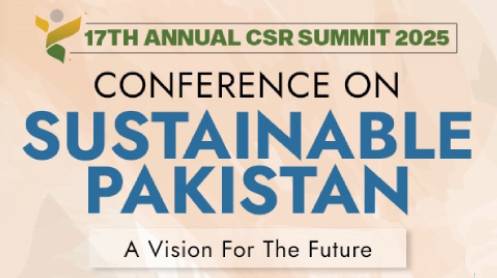Governance weaknesses and problems in Pakistan are direct outcome of prevalent duality in its power structure, run by different de jure as well as de facto entities. This duality bearing on civil and military establishments, in non-compliance with constitutional obligations, has thrown the democratic political system out of equilibrium.
This aspect of the political system, along with several others, was discussed in the Grand National Dialogue on Pakistan’s political system and governance, organised jointly by the Institute of Policy Studies (IPS), Islamabad, and the Islamabad Policy Research Institute (IPRI).
The dialogue was chaired by IPS chairman Khalid Rahman and moderated by former member (governance) at the Planning Commission Dr. Syed Tahir Hijazi. Ahmed Bilal Mehboob, president at the Pakistan Institute of Legislative Development and Transparency (PILDAT) said the trichotomic power branches had failed to fulfil their constitutional obligations as a result of the pseudo-parliamentary system of Pakistan, which had some presidential features.
“This, along with the lack of political will and duality of the political system, doesn’t befit the constitutional values. “This has resulted in a weakened governance system, as indicated by the low position of Pakistan in governance indicators, including the Corruption Perception Index (CPI), where Pakistan ranks at 140/180, and the World Justice Project’s Rule of Law Index 2021, where Pakistan ranks 130/139,” he said.
Mr Mehboob said the situation demanded a constitutional framework with objective criteria to measure the performance while the military’s role in the political processes should be adjusted according to constitutional and democratic values.
Senior research fellow at the IPS Syed Abu Ahmad Akif said there were inherent flaws in political practices and the organizational structure of the system, leaving little or no space for governance.
He said the anomalies of the system, ranging from the buildup of elitist capture to the electoral flaws and the bureaucratic role, had removed any margin for reforms and governance strategy.
Director of the Riphah Institute of Public Policy, Riphah International University, Dr. Rashid Aftab said within the three-tiered governance structure – federal, provincial, and local government – a prominent trend had been the absence of devolution of power according to change in time, due to reluctance of the provinces.
“While it goes against the 18th Constitutional Amendment, which has validated Article 140-A, obliging the provincial government to devolve power, a participatory governance system, focusing on empowering local government institutions, must be achieved,” he said.
Centre for international Entrepreneurship and Trade founder and political economist Zaheeruddin Dar shared his insights on economic governance while giving denotation to ease of doing business, which has been hitting the skids because of increasingly higher return expectations from investors due to increasing war, political instability, cultural, and corruption risks.
He said another factor was the government ownership of businesses, which was a route to the creation of monopolies and hostile takeovers. He called for pushing forward the private sector with a visionary approach to build successful economic governance and a welfare-oriented system.
Nazeer Ahmad Mahar, executive director at the Research Initiative, shared his findings on electoral reforms, and said the 2018 elections, conducted under a rather empowered ECP, saw a 30% increase in voter registration and turnout.
He, however, said there was still a gap in women and youth participation in selecting a representative for the governance and political system. He called for the development of an integrated e-governance framework based on barriers and enablers and people-centered services with an inclusive design.
Brig. (r) Raashid Wali Janjua, director research, IPRI, suggested that the country develop a model or framework entailing the public, civil, and military concordance based on a new social contract. He further recommended a reconceptualisation of civil-military relationship.
IPS chairman Khalid Rahman stressed the timely recognition of the problems, while accepting the issues with a strong willpower to combat them.
He also said though global indexes provided general indications, Pakistan needed to develop indigenous ranking systems and performance measures for development. Former ambassador and IPS vice-chairman Syed Abrar Hussain and IPS GM (operations) Naufil Shahrukh also spoke on the occasion.





